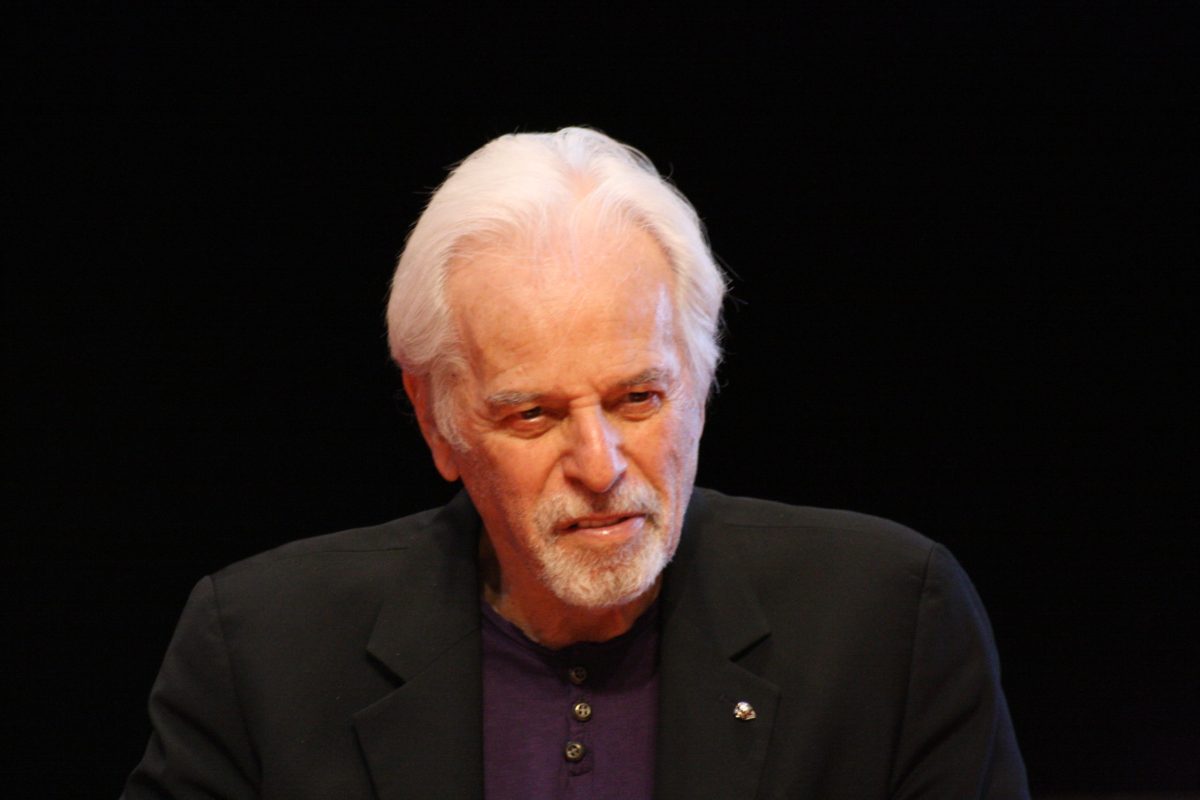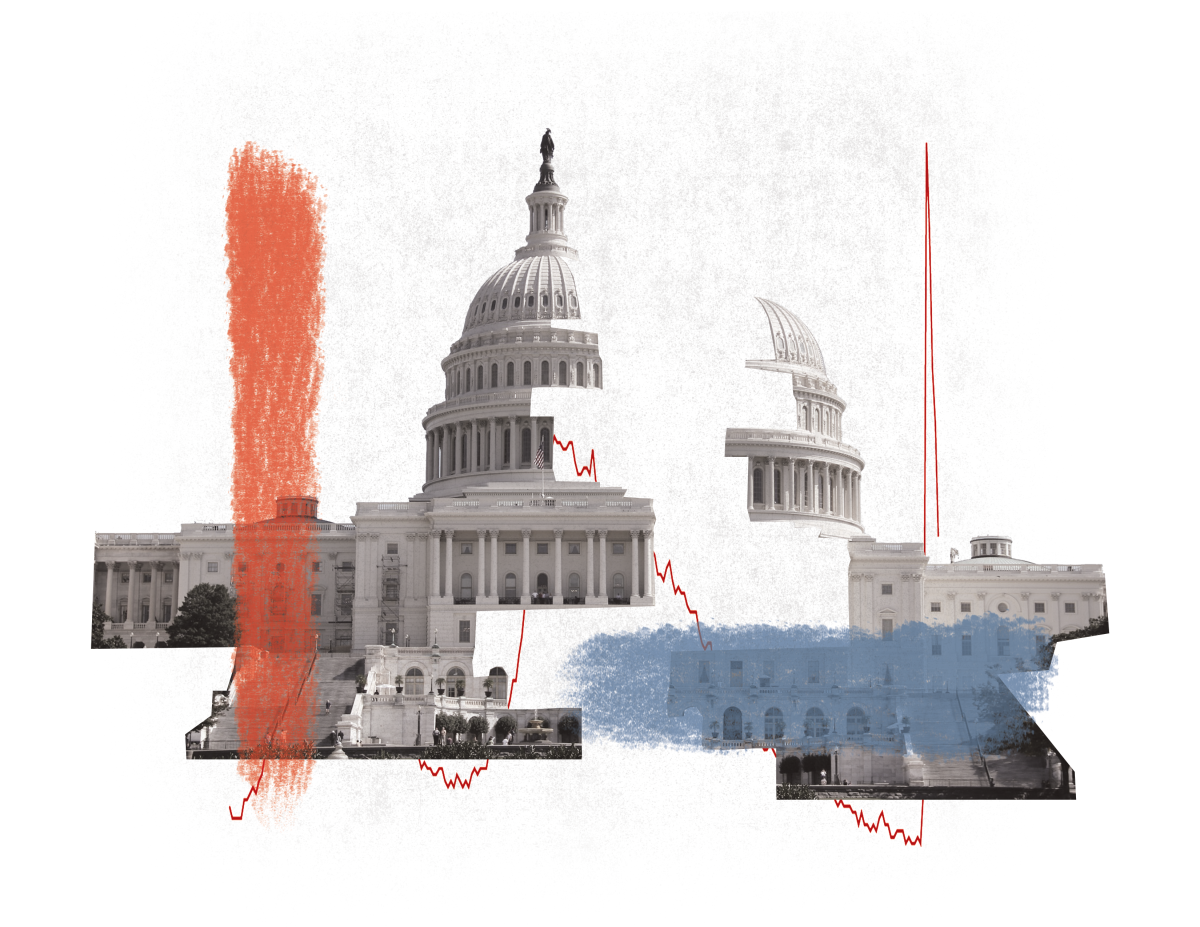It has been 50 years since the assassination of El-Hajj Malik El-Shabazz, also known as Malcolm X. Malcolm defied all odds by transitioning from a drug dealer, pimp, and thief to one of the biggest reformers that America witnessed in the 20th Century. What exactly did Malcolm call for though?
Many assumed he preached solely for his people and their rights. Malcolm advocated for African American rights during a time where racism was at an all-time high, and this was made clear through his writings and speeches. In Malcom’s “The Ballot or the Bullet” speech, given a year before his assassination, Malcolm clearly tells his African American audience to vote and be prepared to retaliate if anyone tries to stop them.
There is one factor that is often understated when it comes to analyzing the life of Malcolm X. Had another race been persecuted at the time, as those of African descent were, Malcolm would not have been silent! Malcolm did not stand to unite the African Americans because they were of the same skin color. He stood up for them having experienced firsthand what they had from persecution, oppression, and racism.
It is true, Malcolm preached black lives matter years before Ferguson did, and it is unfortunate that we have to reiterate this truth once again. It is nonetheless an obligation for us to stand up and call for what is right.
While striving for justice, certain factors need to be considered:
Injustice is injustice no matter whom it is done to, thus our call for justice should be universal. Additionally, Malcolm could not have achieved what he did had he sat at home waiting for someone to fight for freedom. In fact, on the same day a group set a bomb in front of his home in an attempt to kill him and his children, Malcolm had traveled to Detroit to give a speech.
We need to be prepared to preach for freedom not only when peace exists, but when injustice is present. We should use social media outlets to our advantage when it comes to this fight for freedom. However, we should never lose sight in the fact that tweeting a hashtag is simply not enough.
In the final week of Black History month, let us all take a few moments to reflect on the lives of great reformers such as Malcolm X, Dr. Martin Luther King Jr., and Nelson Mandela. Of the many lessons we may extract from the life and legacy of El-Hajj Malik El-Shabazz, the most important one is that justice and equality is deserved by all!
~ Baraa Elabed

































